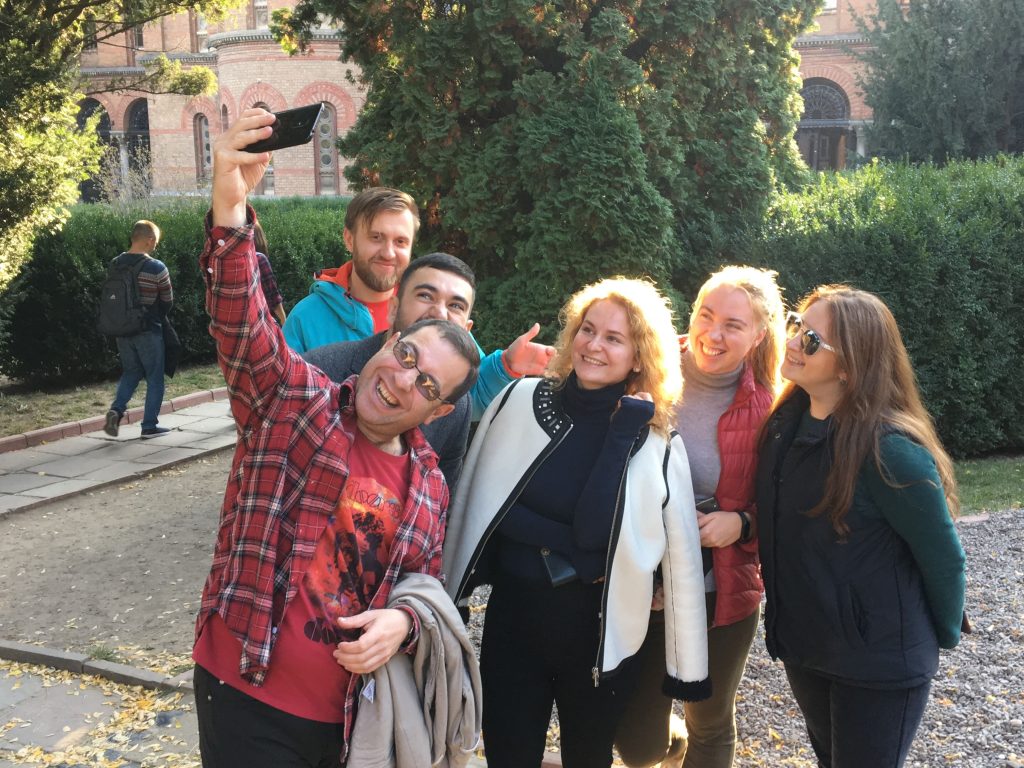The ARDU project
ARDU examines how ethnicity, language and regional-local identity interact within the context of political reform in Ukraine. The project’s main aim is to find out to what extent, and how, current Ukrainian decentralisation, education and language policies affect social cohesion among ethnocultural groups in two very different border regions. Kharkiv in the east and bordering Russia, has a sizable Russian ethnocultural population, while the western region of Chernivtsi borders Romania and comprises a substantial Romanian minority.
Since ethnic issues in Ukraine tend to be highly politicized and with international repercussions, the project also studies how Ukraine’s ethnic policies affect relations with neighbouring states. By focusing on current political reforms, ARDU adds to the emerging research on identity and politics in Ukraine, an issue which is highly important for the country’s stability.
In the autumn of 2019 field work was carried out in two Ukrainian border regions: Chernitvsi and Kharkiv. Semi-structured and focus group interviews with key stakeholders were conducted. In 2020 we conducted population surveys in the two regions, and a nation-wide telephone survey.
To build research competence among young researchers, a 4-week summer course was arranged in the summer of 2019 for 10 Ukrainian research students. Young researchers have been recruited for subsequent involvement in data collection and analysis under supervision of ARDU’s senior researchers.
The project is being conducted by an international interdisciplinary team of researchers with complementary competence from Norway, Ukraine and Germany. NIBR (OsloMet) and the Department of Sociology at V. N. Karazin Kharkiv National University are the project’s main partners.
The main product is a book edited by Aadne Aasland and Sabine Kropp published with Palgrave. See here for more project output.
